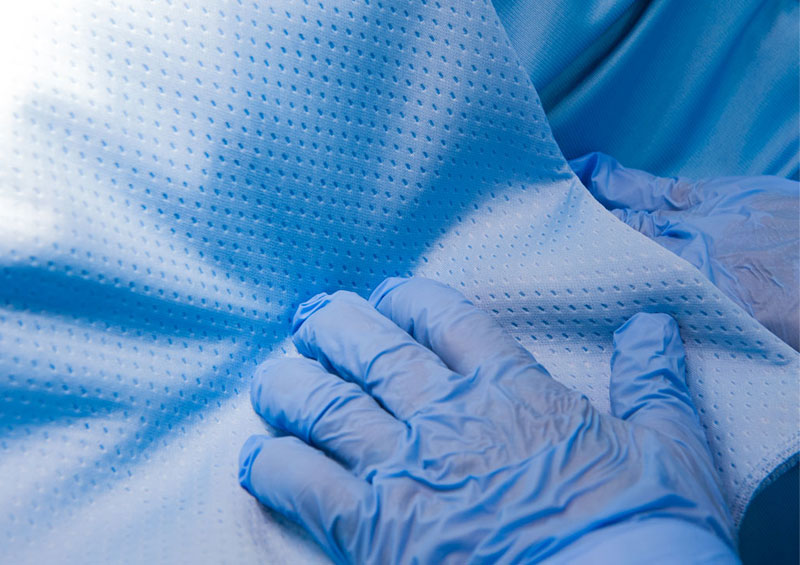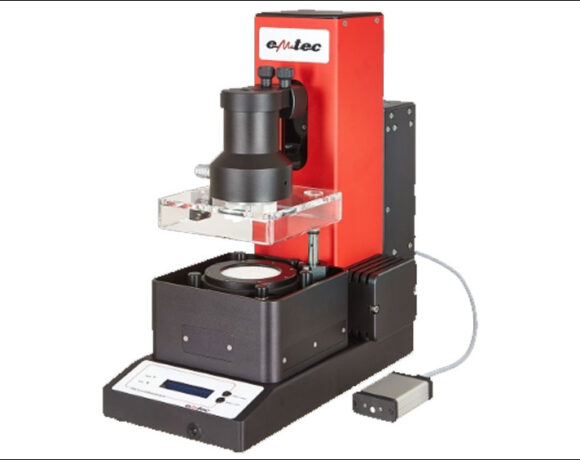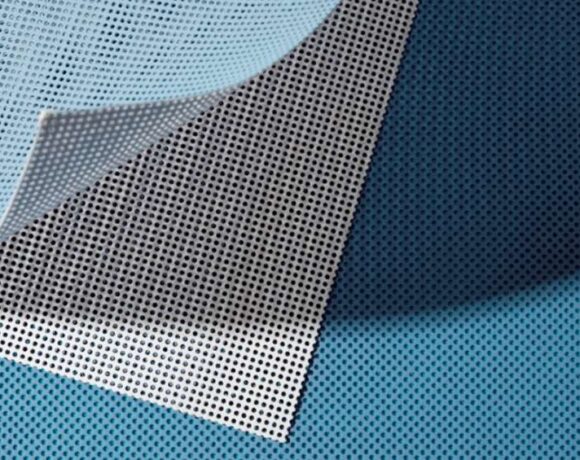MoT Boosts Technical Textiles With Grants And Academic Support

The Ministry of Textiles (MoT) has approved the “Startup Guidelines for Technical Textiles – Grant for Research and Entrepreneurship across Aspiring Innovators in Technical Textiles (GREAT),” providing a grant-in-aid of up to Rs 50 lakh for a period of up to 18 months. This announcement was made by Rajeev Saxena, Joint Secretary Textiles, during a press conference held to discuss important developments in the National Technical Textiles Mission (NTTM).
The guidelines emphasize the development of the startup ecosystem in technical textiles, focusing on supporting individuals and companies in translating prototypes into technologies and products, including commercialization. The GREAT guidelines cover various application areas in technical textiles, such as agro-textiles, building textiles, geo-textiles, home textiles, medical textiles, mobile textiles, packaging textiles, protective textiles, sports textiles, development of high-performance fibres and composites, sustainable and recyclable textile materials, smart textiles using Artificial Intelligence, Internet of Things, 3D/4D printing, and rapid prototyping, as well as the development of indigenous machinery/equipment/instruments, among others.
To incentivize incubators, the ministry will additionally provide 10% of the total grant-in-aid to them. To ensure authenticity and commitment to the project, incubatees are required to make a minimum investment of 10% of the funding in two equal instalments. The GREAT startup guidelines aim to provide much-needed impetus for the development of the technical textiles startup ecosystem in India, especially in niche sub-segments like bio-degradable and sustainable textiles, high-performance and specialty fibres, smart textiles, among others.
The ministry has also approved applications from 26 institutes for upgrading their laboratory infrastructure and training trainers in the application areas of technical textiles. Additionally, the ministry has approved applications from these institutions to develop and introduce technical textile courses and papers in key departments/specializations, as well as to introduce new degree programmes in technical textiles.
The total value of the approved funding is Rs 151.02 crore, with 15 applications from public institutes valuing Rs 105.55 crore and 11 applications from private institutes valuing Rs 45.47 crore.
Some of the premier institutes that will be funded under this scheme include IIT Delhi, NIT Jalandhar, NIT Durgapur, NIT Karnataka, NIFT Mumbai, ICT Mumbai, Anna University, PSG College of Technology, Amity University, among others.
Notably, the majority of the funding will be provided for upgrading existing courses in departments related to textile technology and fibre sciences, design/civil engineering, fashion technology/design, and mechanical engineering, with a new degree programme in technical textiles emphasizing all application areas of technical textiles.
In addition, the ministry plans to reopen the guidelines for enabling academic institutes in technical textiles’ education in India (Round II) under NTTM with relatively eased parameters and wider coverage. This will include institutes with an NBA score of 750 and above, NAAC rating of A+/3.26 or above, or top 200 NIRF ranked institutes as eligible private institutes under the Education Guidelines 2.0. These guidelines have received in-principle approval and aim to include new courses/papers in the curriculum by the academic year 2025-26.
Regarding the quality and regulation aspect of technical textiles, the ministry has already notified 02 QCOs (Quality Control Orders) for 31 technical textiles products, including 19 geotextiles and 12 protective textiles. These regulations will come into effect from October 7, 2023. Additionally, QCOs for 28 products, including 22 agrotextiles and 6 medical textiles, are in the final stages of issuance and are likely to be issued in September 2023.
Furthermore, an additional 28 items are also under consideration for QCOs, including building textiles, industrial textiles, ropes & cordages, among others. To comprehensively assess the impact of the QCOs on the economy, industry and society at large, the ministry is actively conducting multiple stakeholder consultations with industries.















